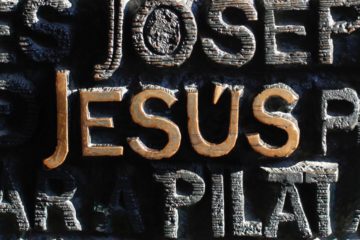In 2012, Alan Hirsch and Tim Catchim published a bold proposition in black and white.
In presenting Ephesians 4:1-16, we are tempted to say that it is one of those rare things—a silver bullet: a simple, guaranteed solution for a difficult problem. ……We believe that a full appreciation and application of Ephesians 4 typology will unleash enormous energies that will awaken now-dormant potentials in the church Jesus built. The Permanent Revolution, pg. 5.
What does it mean that Ephesians 4 might be a silver bullet for Jesus’ House?
In today’s parlance, their term ‘silver bullet’ is commonly used to refer to an action which cuts through complexity and provides an immediate solution to a problem. This figurative use derives from the ancient belief that silver possessed supernatural power to destroy evil beings (Horace’s Odes).
The most famous user of silver bullets in my generation was, of course, the Lone Ranger. I read these books in the 1950’s and later watched the highly popular television show. Silver bullets fitted well with the masked hero’s miraculous persona. He typically arrived from nowhere, overcame evil and departed, leaving behind only a silver bullet and echoes of ‘who was that masked man?’.
In the fall of 2012, prior to reading Hirsch and Catchim’s book, I said almost the exact same thing. I remember the occasion as if it were yesterday.
I was sitting in Sandra’s house with the leaders of a church planting movement based in Boston. I was interviewing for a leadership role and describing my 20-year journey to understand and walk-out Ephesians 4 within Jesus’ House. On that day, I cast a vision to these pioneers regarding my capacity and passion: “At fifty-seven, I have one more bullet and it’s a silver one“. (These words later became the inspiration for a highly treasured gift that you can see in this blog’s image.)
So, here is why I think Ephesians 4 is a silver bullet for Jesus’ House:
Apostle Paul’s Ephesians 4 succinctly summarizes the foundational ways Jesus exemplified Kingdom culture. He perfectly modeled its two, key elements: Selfless love (vs. 1-3, 15, 32ff) and equipping-based-empowerment (vs. 11-16). The Master’s life combined the primacy of His Father’s unconditional love and an unwavering commitment to mobilize anointed servants to the ends of the earth.
Bottom line: Jesus’ Kingdom culture is the silver bullet to fuel His Gospel of grace worldwide!
Pressing on,




0 Comments